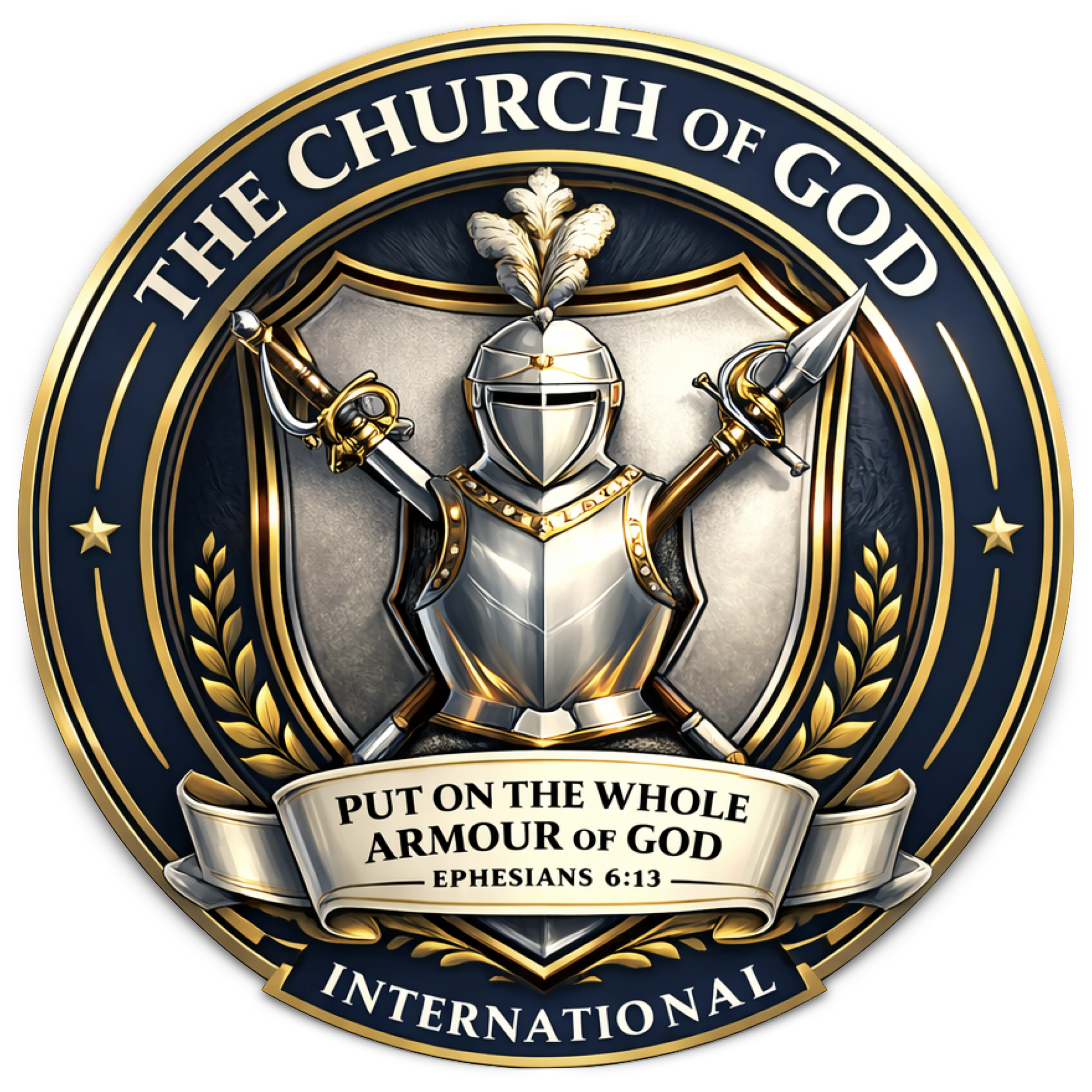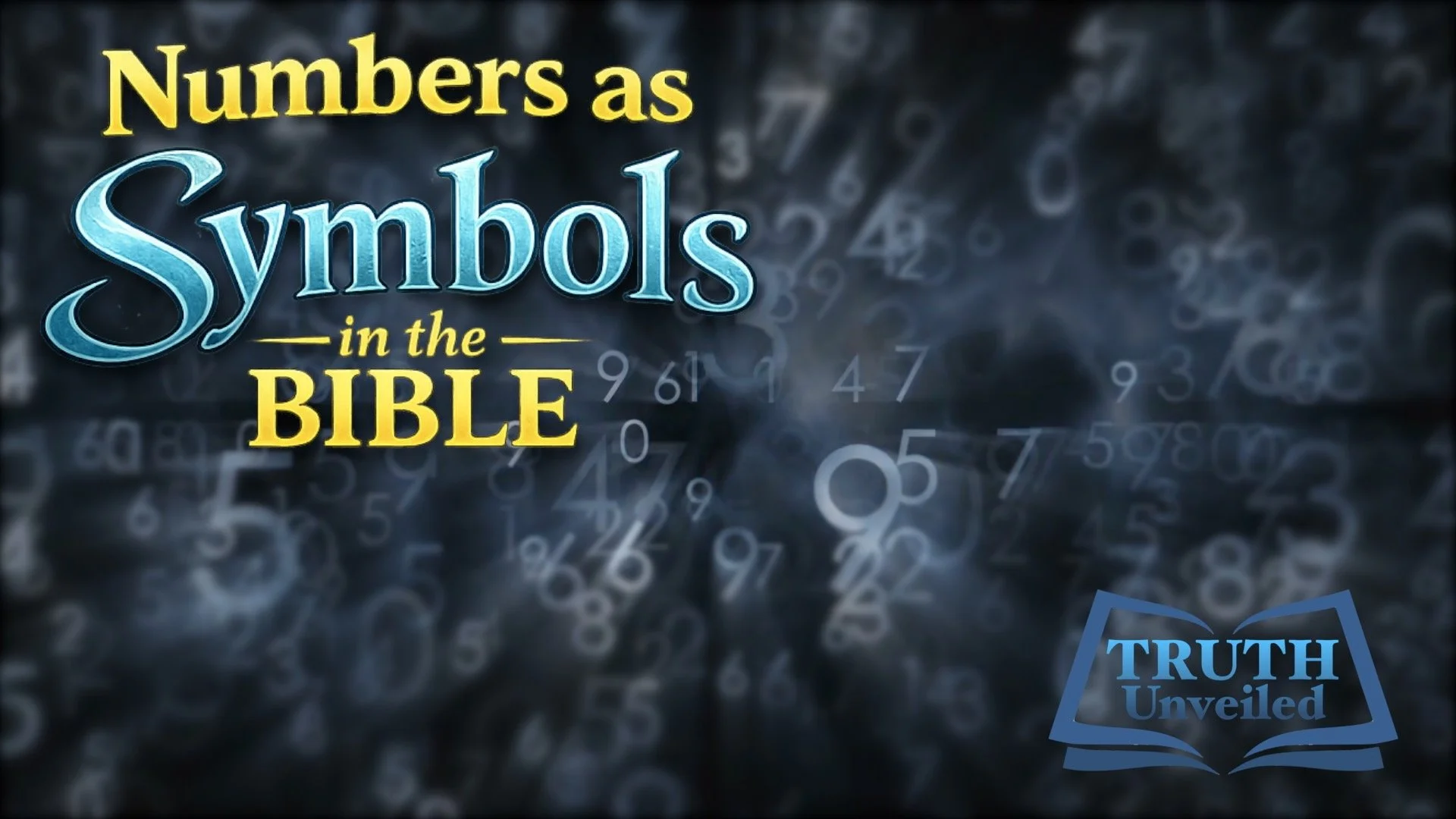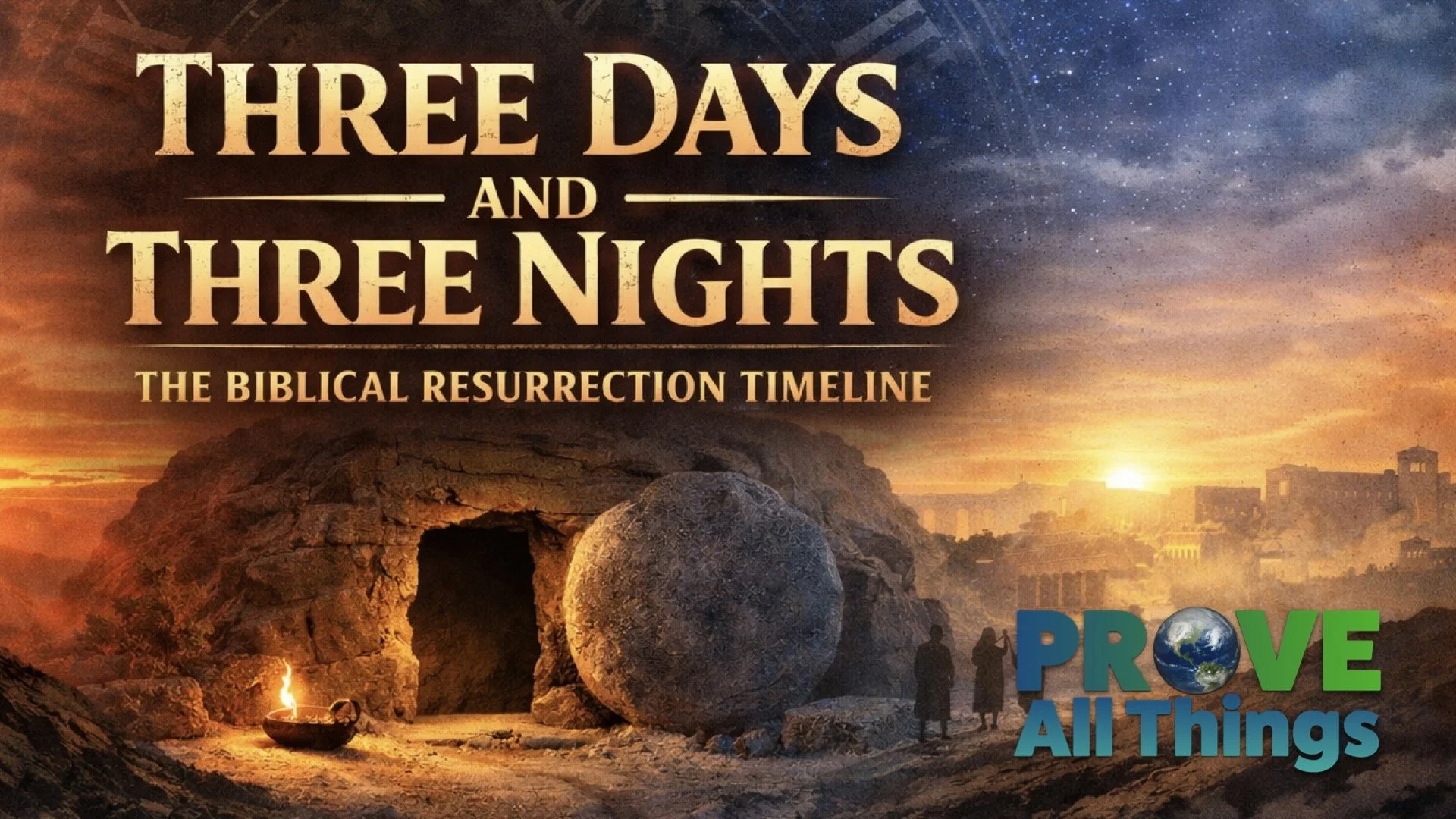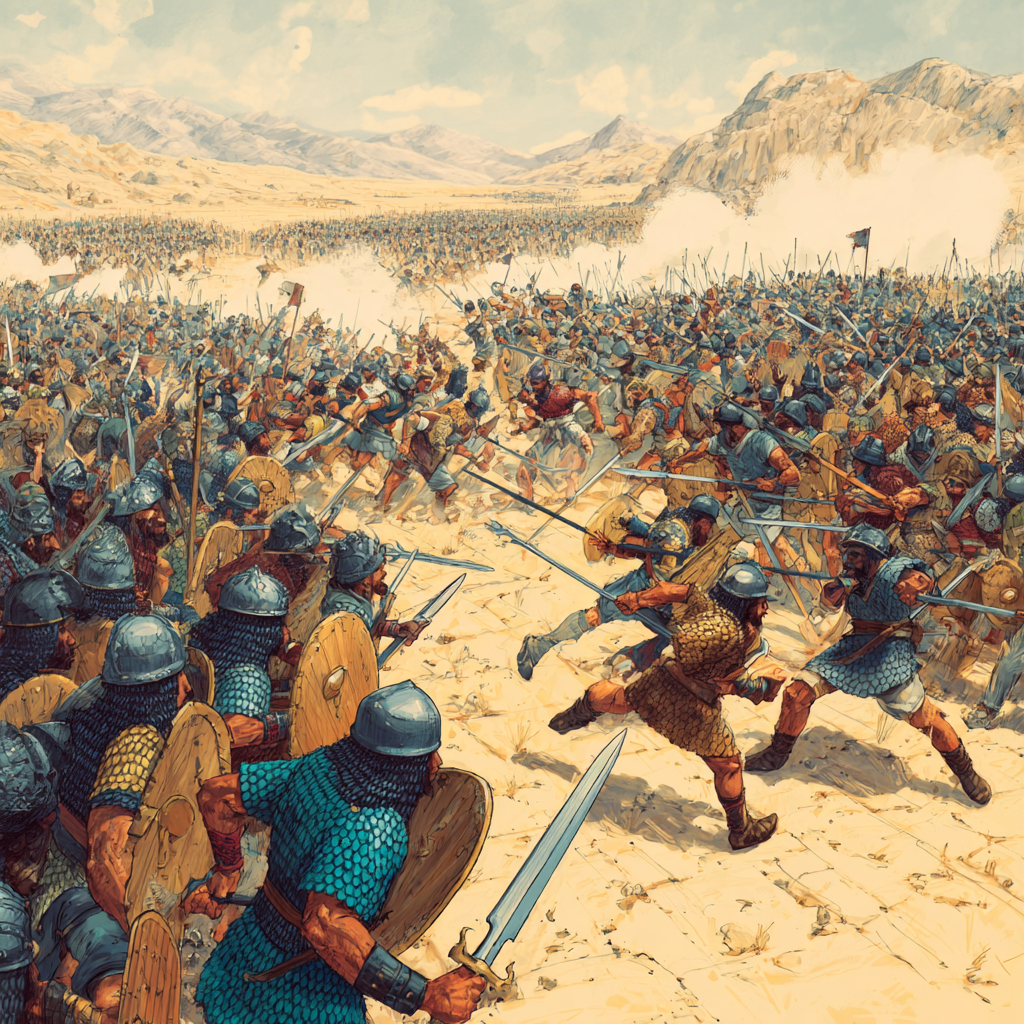

The Church of God International (CGI) traces its origins to the Church that Jesus founded in the early first century. Membership in the CGI consists of "called out ones" from around the world practicing Christianity as initiated by Jesus and furthered by the early apostles. The church begun by Jesus, the very one He promised would survive through the centuries, is alive and well. Today, disciples live the faith "once delivered to the saints" in this twenty-first century (Jude 3). They obey the same message taught by Jesus Christ, and they proclaim the same gospel taken to the world by the disciples. Members value the witness and teachings of Jesus Christ as the church's work.
The CGI home office is in Tyler, Texas. Incorporated in 1978, CGI has ministers and congregations scattered throughout the United States and Canada . We also have churches in Kenya, Jamaica, the Philippines, Australia, the United Kingdom and a growing number of countries around the world.

Featured Media

Featured Articles


















One of the most popular scriptures supporting the idea that God cares about Gentiles as much as He cares about Israel is John 3:16. This scripture basically says that God so loved the world that He gave His only begotten Son that whoever believes in Him will have eternal life. When you put this together with all the scriptures we find in the New Testament, it seems very clear that God is not playing favorites.
But believe it or not, there are some people who believe in the Bible, and they take a different view about John 3:16. Groups like the Black Hebrew Israelites (BHI) and Calvinists.